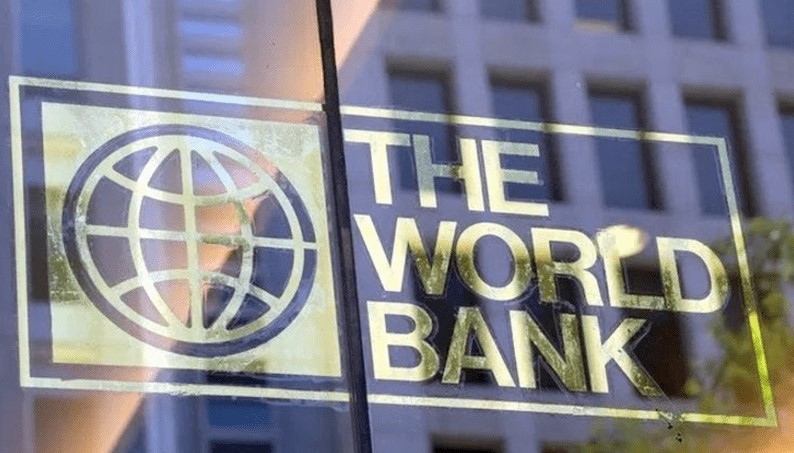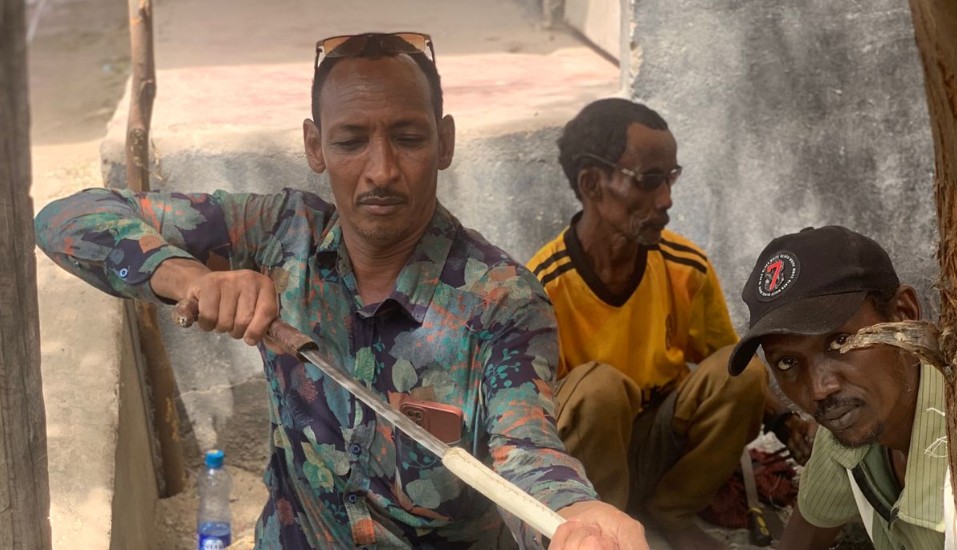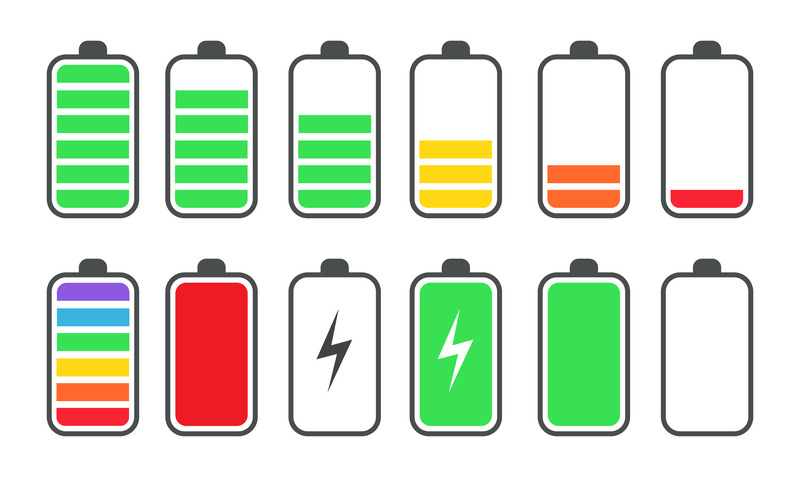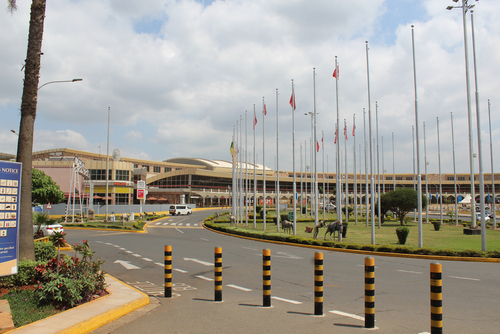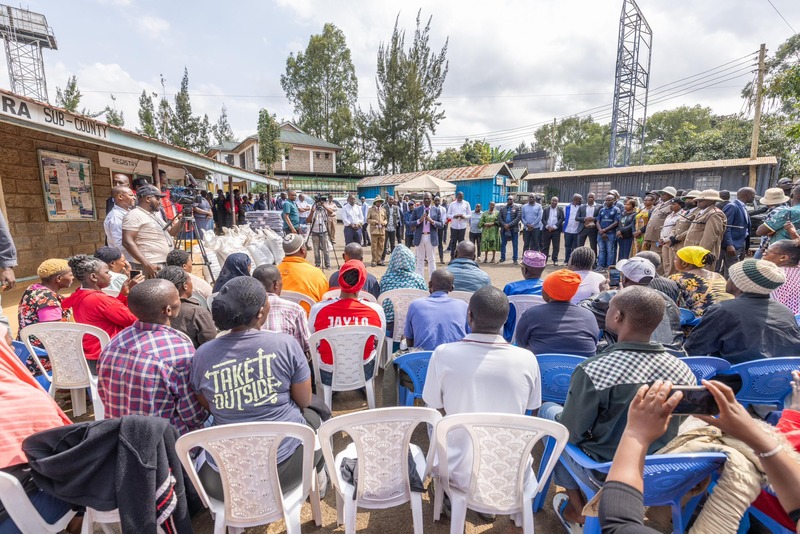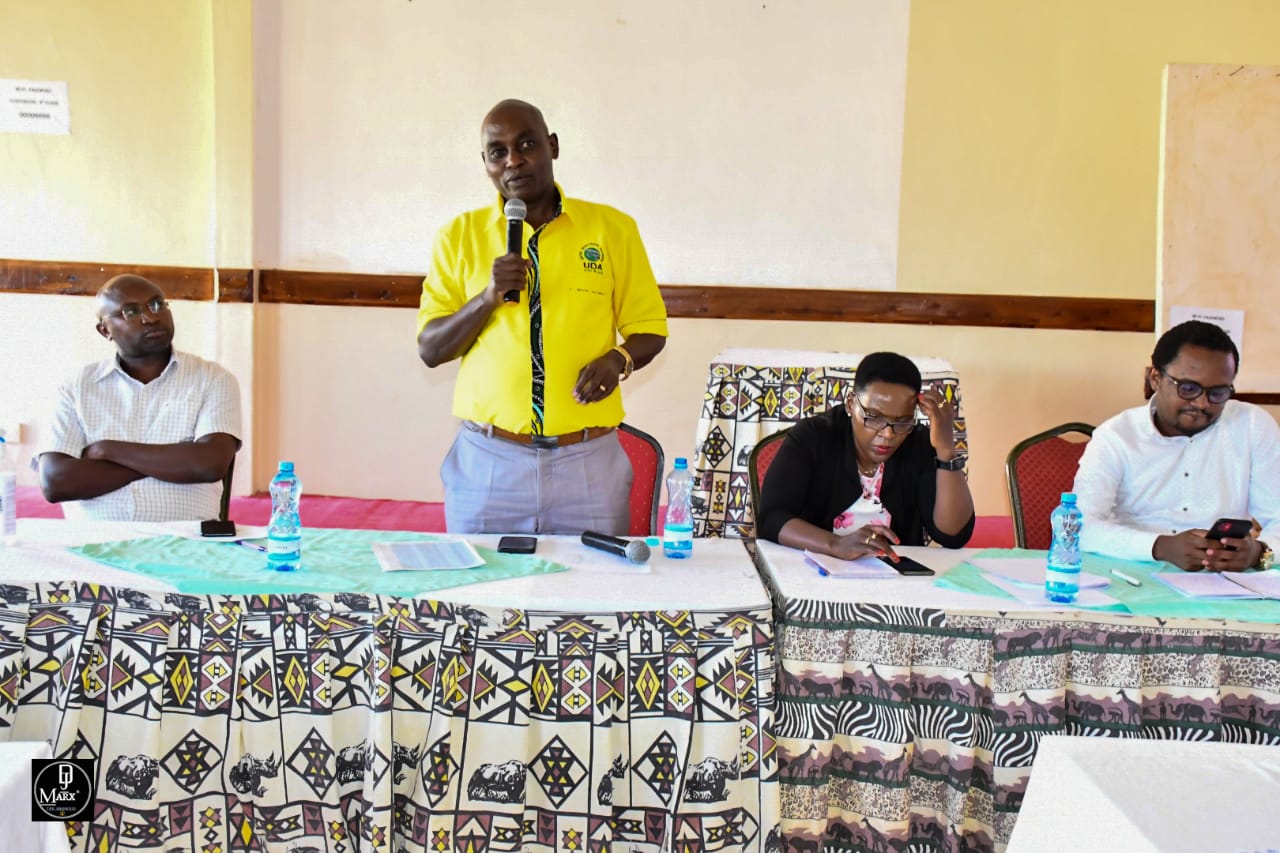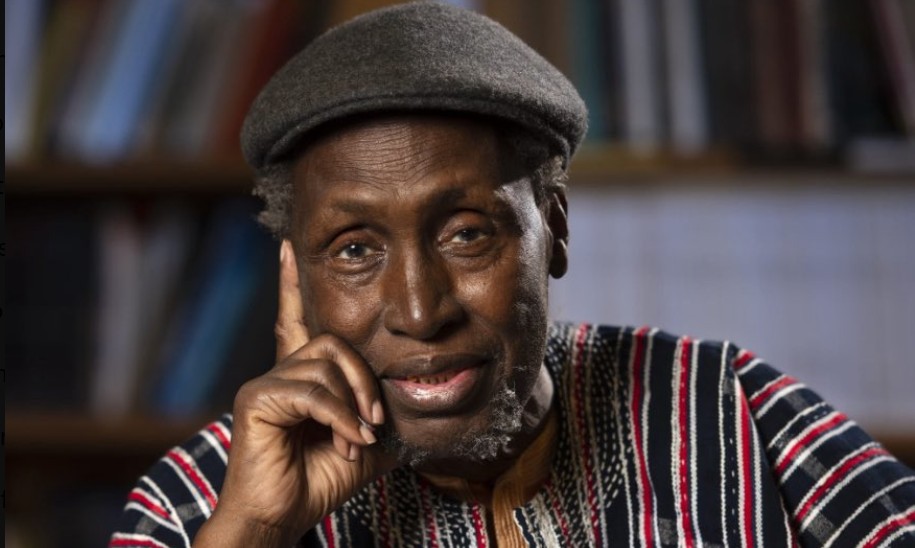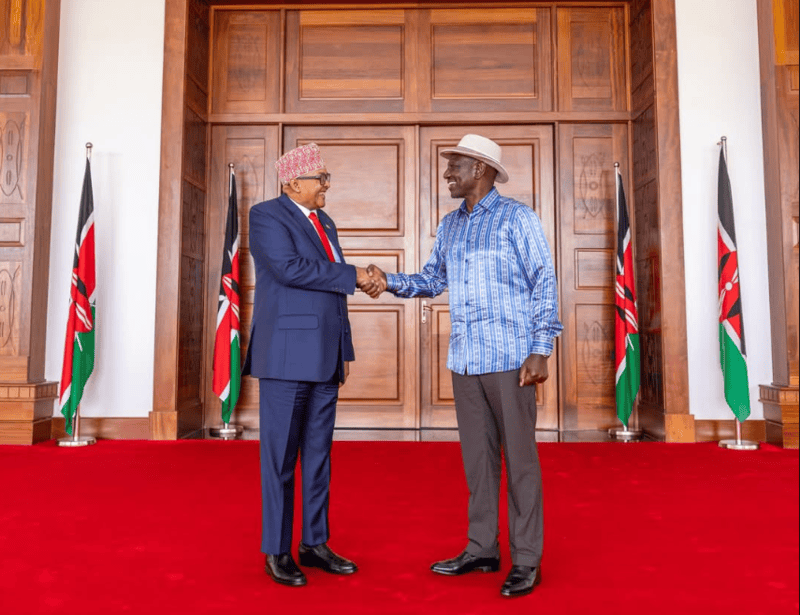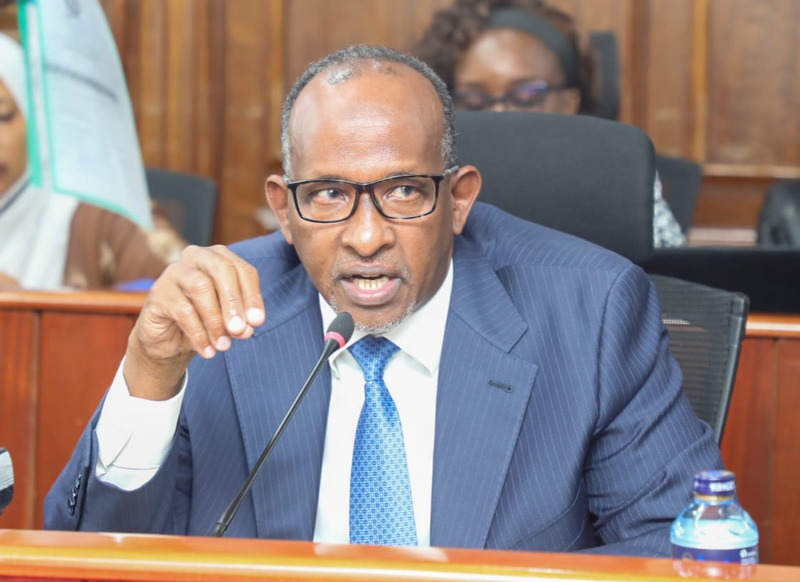Tanzania shuts major donkey slaughterhouses to curb declining population amid AU ban

Donkey hides are utilised in traditional Chinese medicine to produce remedies believed to boost female vitality and address disorders like insomnia.
Tanzania has closed two of its major donkey slaughterhouses in Dodoma and Shinyanga, in a bid to boost the species' population, following a sharp decline caused by high demand for donkey skins and by-products in Asia.
Donkey hides are utilised in traditional Chinese medicine to produce remedies believed to boost female vitality and address disorders like insomnia.
More To Read
- Kenya-Tanzania rift over activist’s deportation sparks regional reckoning on free expression
- US calls for probe into torture of activists Boniface Mwangi, Agather Atuhaire in Tanzania
- I was stripped, beaten- Uganda activist Agather Atuhaire recounts ordeal in Tanzania as Amnesty demands probe
- Tortured and left to crawl- activist Boniface Mwangi narrates his ordeal in Tanzania
- Ugandan journalist Agather Atuhaire finally freed after arrest in Tanzania
- Civil society groups give AU, EAC 72 hours to act on alleged abductions, torture in Tanzania
The development comes amid a resolution passed at the 37th African Union (AU) Summit in Addis Ababa in February 2024, which imposed a continent-wide 15-year moratorium on the commercial slaughter of donkeys for their skins to protect their populations and the livelihoods of millions of Africans dependent on these animals.
Threat to survival
Speaking in Dodoma on Wednesday, Dr Benezeth Lutege, Tanzania's Director of Livestock Services at the Ministry of Livestock and Fisheries, highlighted that the donkey trade has become a major threat to the species' survival, as their population continues to decline at an alarming rate.
"Until 2021, Africa was estimated to have about 53 million donkeys. However, nearly 5.9 million were being slaughtered each year, putting the species at serious risk," Lutege said, according to The Citizen.
"The consensus was to halt all trade involving donkeys from 2021 onwards. After the moratorium, leaders will assess whether the population has recovered enough to allow controlled trade without endangering the species."
Supporting rural communities
Dr Charles Bukula, a veterinarian with Inades Formation Tanzania, highlighted the crucial role donkeys play in supporting rural communities, stressing that their resilience in tough climates and capacity for heavy labour make them a crucial asset.
"Donkeys are essential in villages for transporting firewood, water, agricultural produce, and even minerals in mining areas. Without them, rural productivity would suffer," he said.
"They support the rural economy and are often the only means of carrying heavy goods in areas without passable roads. Where donkeys are present, children also benefit as they are freed from burdensome tasks and can attend school."
According to Donkey Sanctuary, an NGO, approximately 5.9 million donkeys are slaughtered annually worldwide to meet the escalating demand for ejiao, a traditional Chinese medicine derived from donkey hides.
This demand has significantly impacted donkey populations, particularly in Africa, which is home to about two-thirds of the global donkey population.
Top Stories Today

